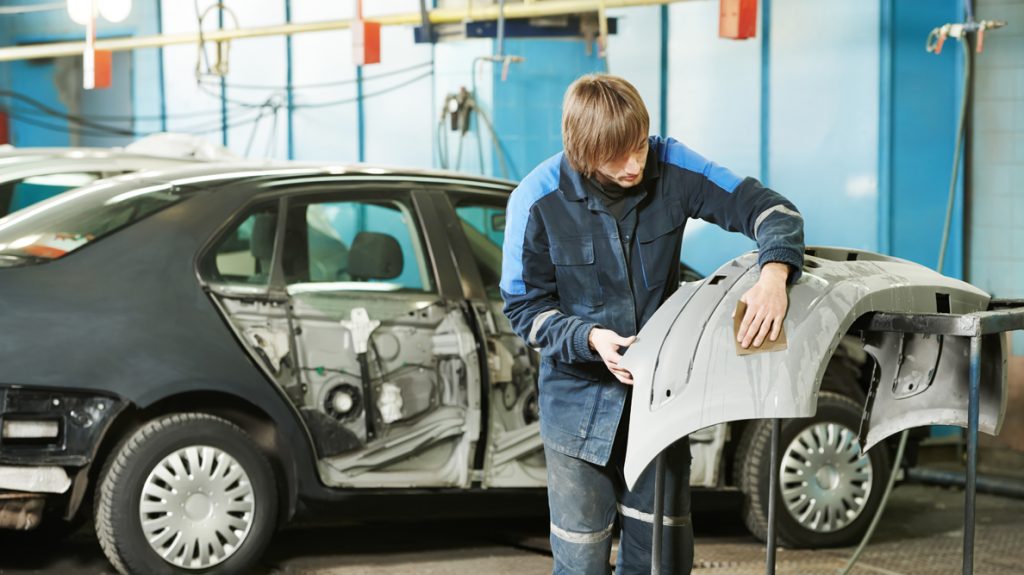Hello! Summer is coming and it’s time, in our series of articles about waste, to look at something that may seem abstract, but which has concrete consequences if we don’t pay attention to it. As I said, the aim of this article is to provide tips on where to make improvements, either to become more productive and apply continuous improvement principles, or to achieve our basic objectives as a contractor or shop manager. So, our fourth topic: inefficient operations.
How can we avoid turning our collision shops into waste factories? You know, those little things that accumulate and, at the end of the day, make a big difference in our pockets. We are talking here about unnecessary or incorrect operations, a real headache in the world of lean management.
Before getting to the heart of the matter, consider a little something that may have less impact on your productivity, but could improve your costs: excess. The use of resources, whether masking tape, soap, paint (that would be sad), polish or even electricity to run machines for too long, can have a significant impact on your costs. If you think every little victory counts, remember to analyze and fix your excesses. Make sure the team understands what you are doing; otherwise you could frustrate them. Communication, awareness and coaching can make all the difference in controlling inefficient operations.
Then there are the repair steps that are unnecessary, not strategically grouped or not assigned to the right person. This means wasted time for you, for the team and for the customer waiting for his car. Is every step good and optimal? Ask yourself this question, and the answers will come quickly. Even better, ask your technicians. You may be surprised by the improvements they have in mind.
And what about our high-tech tools that aren’t used to their full potential? Take UV drying, for example. If you have it in your shop and you don’t use it, it’s like having a supercar in your garage and riding around on a bicycle. This is another sign that your operations are not adapted to the opportunities available to you.
How to tackle this waste? Here are a few tips:
Reasonable use of equipment: Teach your team the art of measurement. Good work also involves knowing how to proportion products.
Clear, precise procedures: Review your procedures. If something can be simplified, simplify it. Fewer steps mean fewer mistakes.
Use tools and ideas in shop: Train your team to use all the tools available to them. An underused tool is an investment that doesn’t pay off. An unused great idea is almost a crime in productivity optimization.
In short, efficient operations management is like dieting your collision shop: you eliminate the excess and only keep the muscles. Believe me, a Lean workshop is a great place to work, and a profitable one as well!
—
Author: Alexandre Rocheleau
Translation and editing: Krystel Henley-Rocheleau
